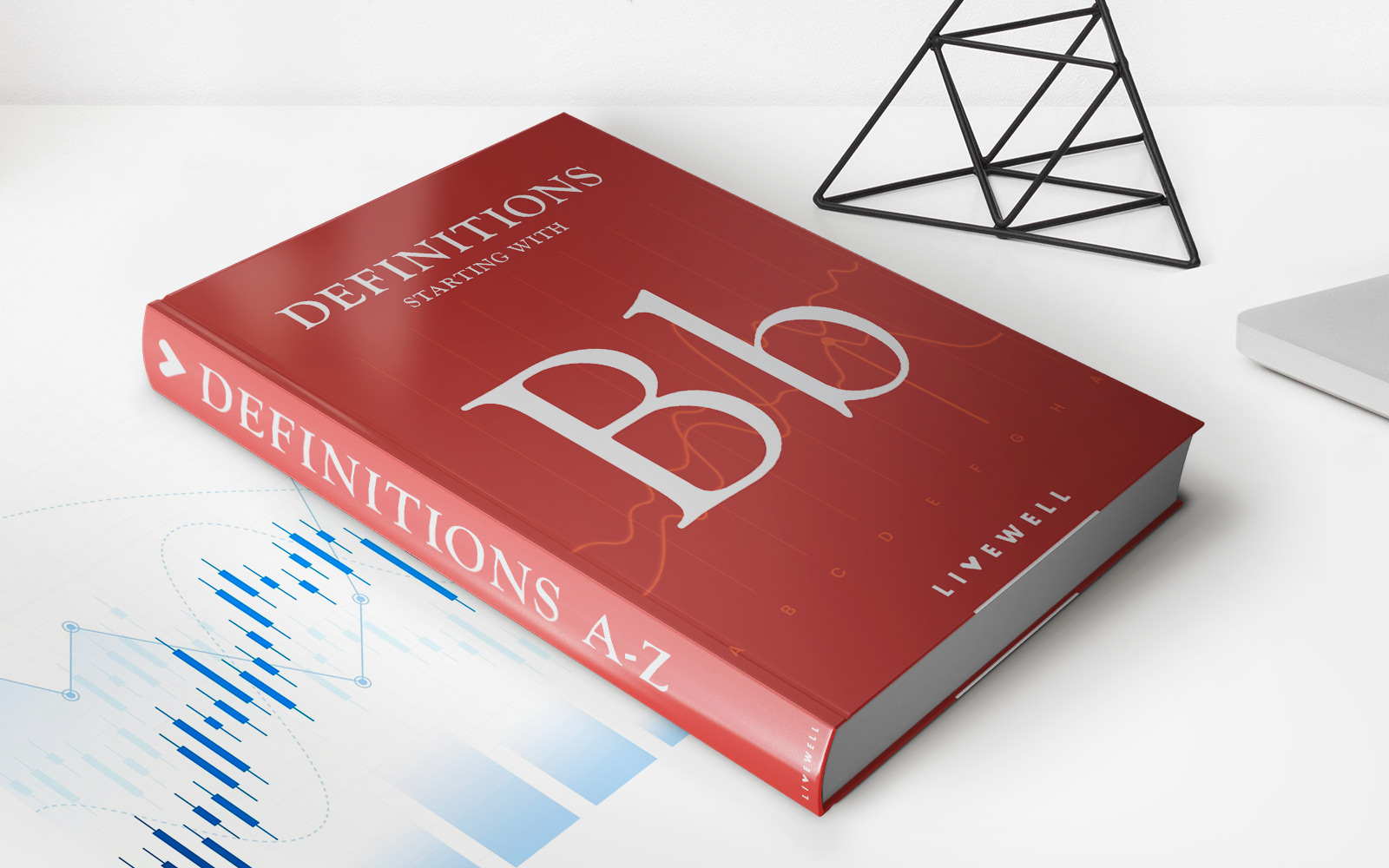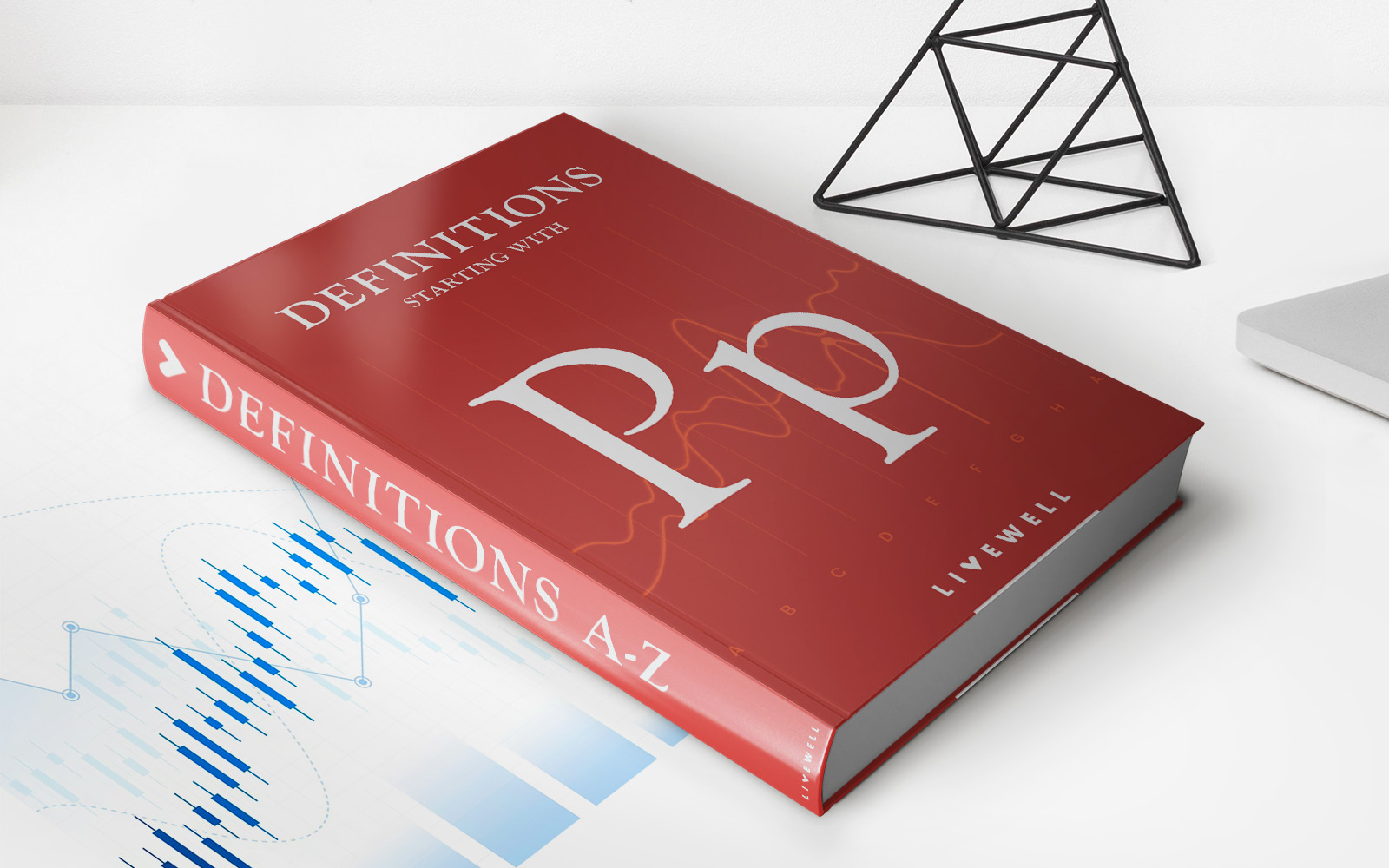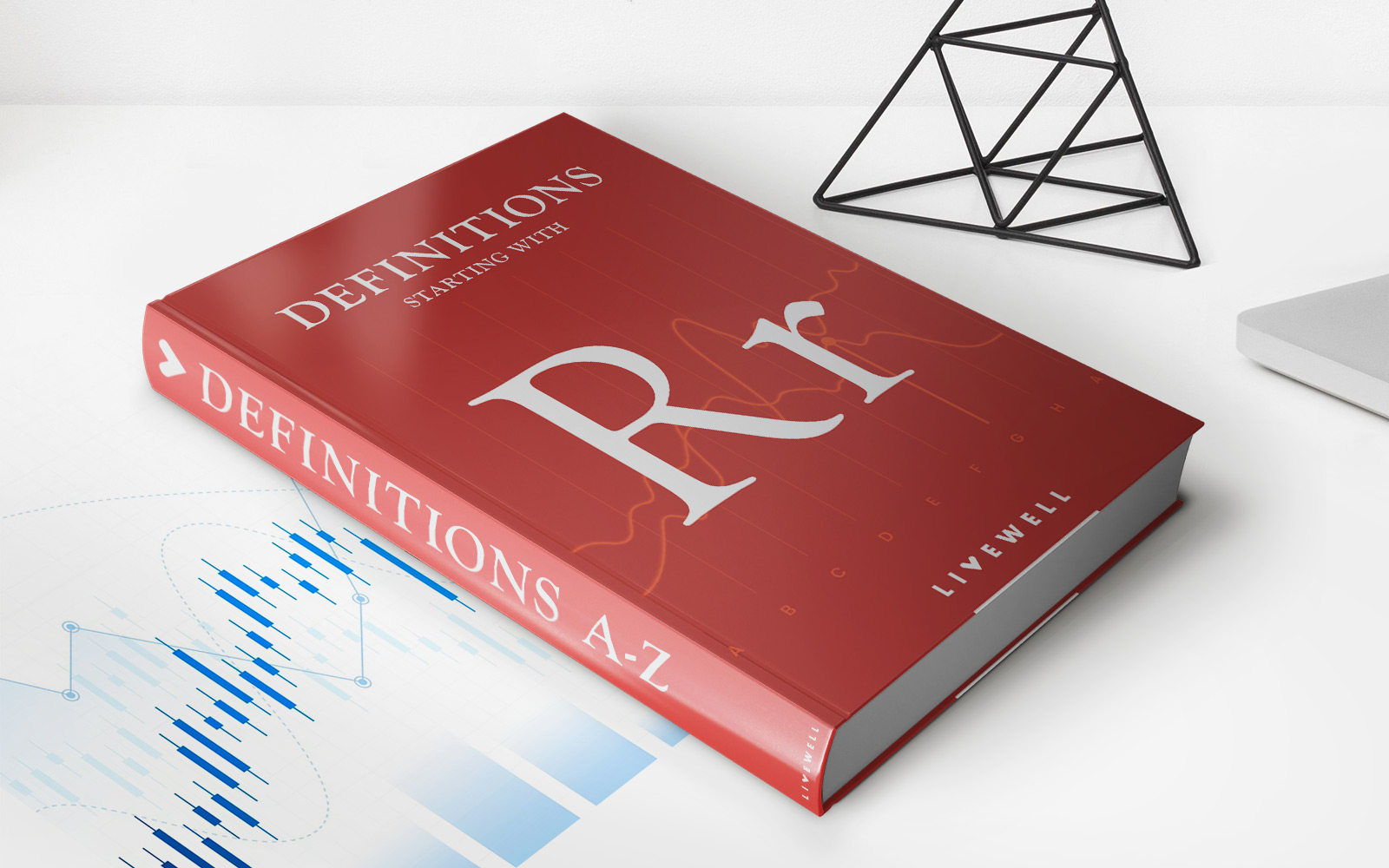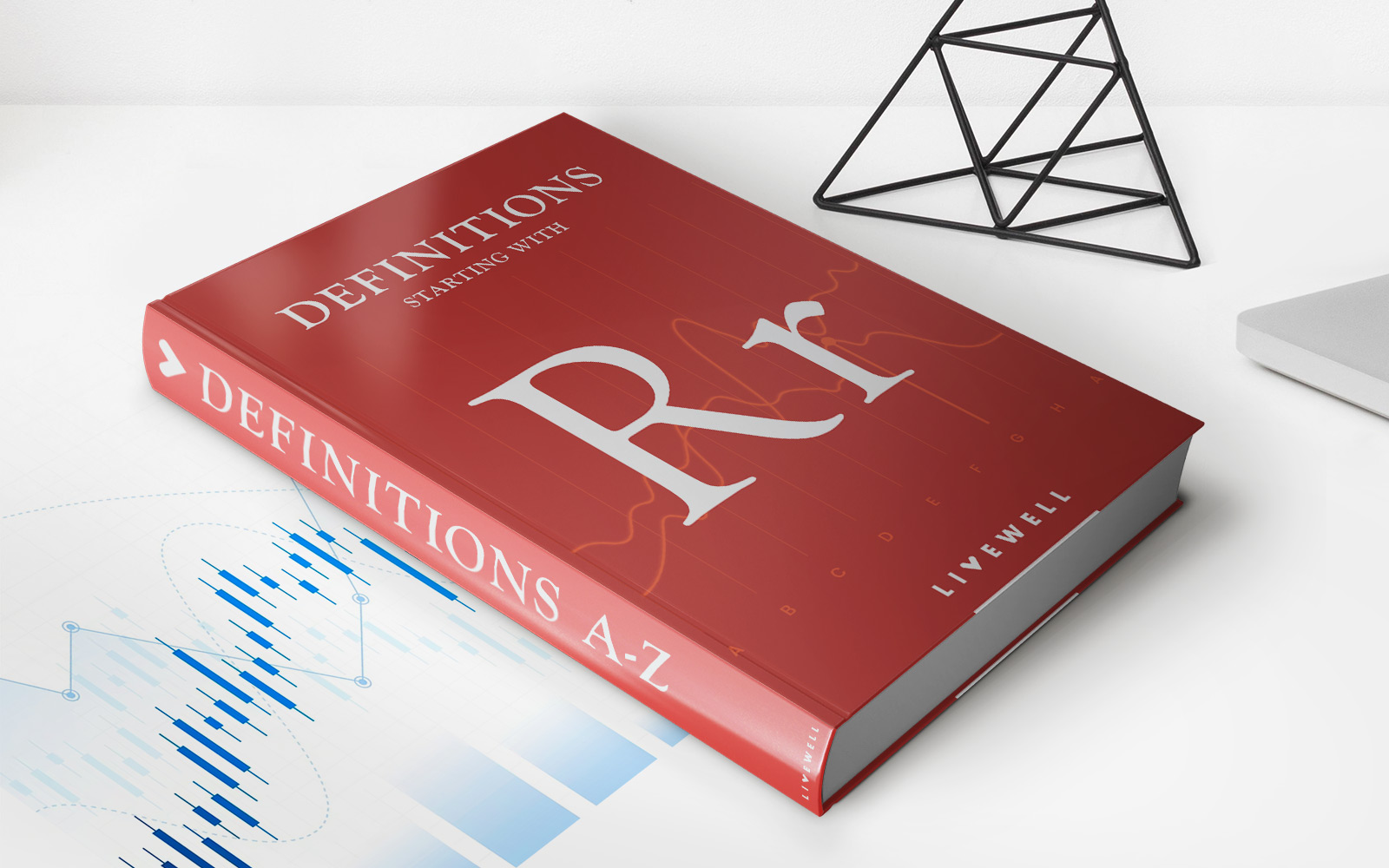Home>Finance>Creditworthiness: Definition, How To Check And Improve It


Finance
Creditworthiness: Definition, How To Check And Improve It
Published: November 5, 2023
Learn the definition of creditworthiness, how to check it, and ways to improve your financial status. Find valuable finance tips to enhance your creditworthiness.
(Many of the links in this article redirect to a specific reviewed product. Your purchase of these products through affiliate links helps to generate commission for LiveWell, at no extra cost. Learn more)
Creditworthiness: Definition, How to Check, and Improve It
Having good creditworthiness is essential when it comes to personal and financial stability. Whether you’re applying for a loan, renting an apartment, or even signing up for a new mobile phone plan, your creditworthiness plays a crucial role. In this article, we’ll explore what creditworthiness means, how to check it, and most importantly, how to improve it.
Key Takeaways:
- Creditworthiness is a measure of how likely an individual is to repay their debts and fulfill their financial obligations.
- Checking your creditworthiness involves reviewing your credit report and credit score, which are indicators of your financial health.
What is Creditworthiness?
Creditworthiness refers to the measure of how likely an individual is to repay their debts and fulfill their financial obligations. It is a key factor that lenders, landlords, and even potential employers consider when making decisions that involve your financial standing.
Your creditworthiness is primarily determined by two main factors:
- Credit Report: Your credit report is a detailed record of your financial history, including information about your credit accounts, payment history, and any outstanding debts.
- Credit Score: Your credit score is a numerical representation of your creditworthiness, typically ranging from 300 to 850. It is calculated based on multiple factors, such as your payment history, credit utilization ratio, length of credit history, and more.
So, how do you check your creditworthiness?
How to Check Your Creditworthiness
Checking your creditworthiness involves reviewing your credit report and credit score. These can be obtained from credit bureaus, such as Equifax, Experian, and TransUnion. Here’s how you can check your creditworthiness:
- Obtain a copy of your credit report from each of the major credit bureaus. By law, individuals are entitled to receive one free credit report from each bureau annually. Review the information on your report for accuracy.
- Check your credit score, which may come at a small fee or as part of certain credit monitoring services. Understanding your credit score can give you a clearer picture of how lenders perceive your creditworthiness.
- Spot any inconsistencies or errors on your credit report. If you find any mistakes, such as incorrect payment information or accounts that don’t belong to you, it’s important to dispute them with the credit bureau to ensure your creditworthiness is accurately assessed.
Now that we know how to check creditworthiness, let’s dive into how to improve it.
How to Improve Your Creditworthiness
Improving your creditworthiness takes time and effort, but the rewards are worth it. Here are some effective strategies to enhance your creditworthiness:
- Pay your bills on time and in full: Consistently making on-time payments shows lenders that you are responsible and capable of managing your debts.
- Reduce your credit utilization ratio: Aim to keep your credit card balances low compared to your credit limits. This demonstrates that you can effectively manage your available credit.
- Build a positive credit history: Having a longer credit history can work to your advantage. If you don’t have much credit history, consider opening a credit card or becoming an authorized user on someone else’s credit card to start building a positive track record.
- Manage your debts: Keep your debt levels manageable and practice prudent borrowing. Avoid maxing out your credit cards and strive to pay off outstanding debts.
- Regularly review your credit report: By keeping a close eye on your credit report, you can quickly identify any discrepancies and address them promptly.
Remember, improving your creditworthiness is an ongoing process that requires consistent effort and responsible financial habits.
In conclusion, creditworthiness is crucial when it comes to financial stability and opportunities. By understanding what creditworthiness means, how to check it, and how to improve it, you can take control of your financial future and open doors to better loan terms, housing options, and more.
So take the time to check your creditworthiness and start implementing the strategies mentioned above. Your financial well-being will thank you in the long run!














